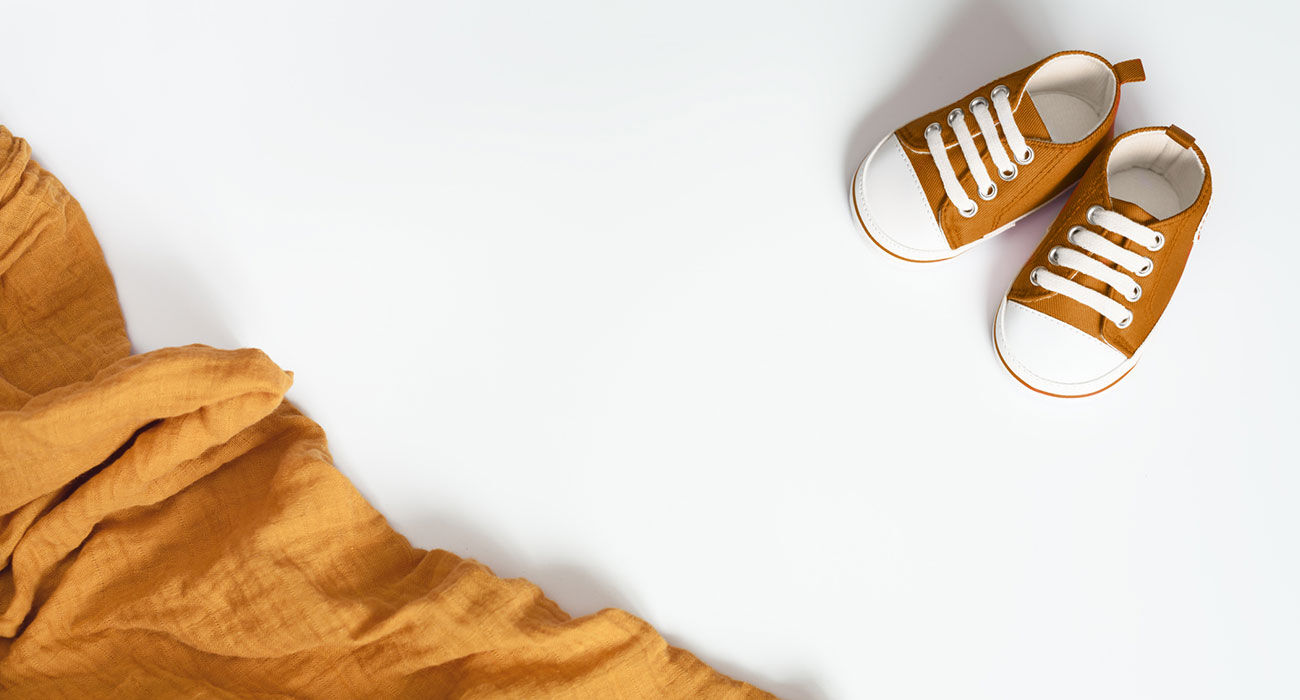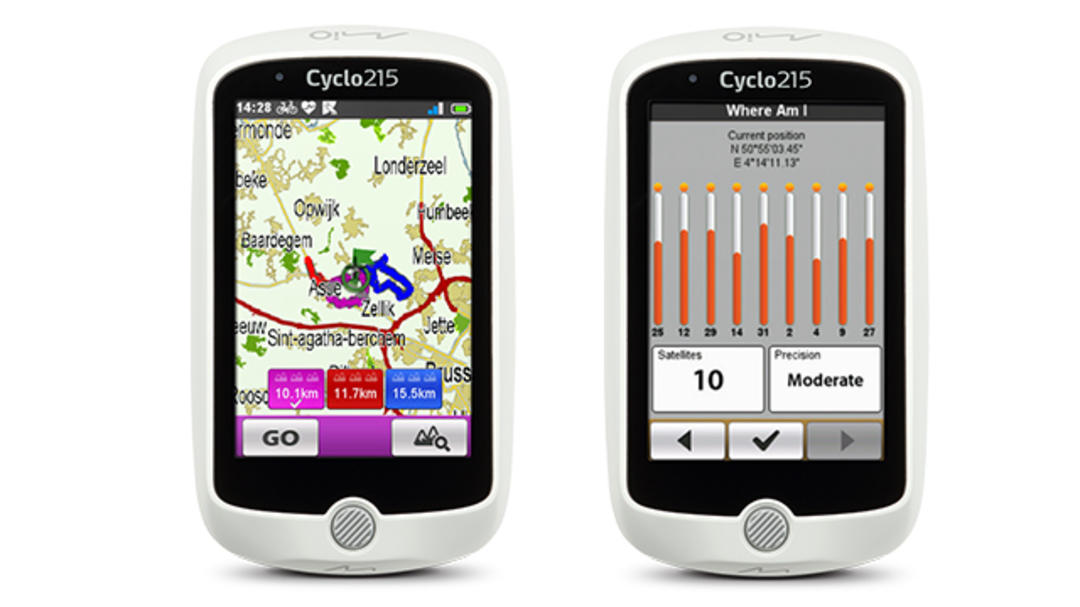‘After her departure I experienced a period of mourning’
Image: Getty Images
Esther (40) is a crisis shelter family with her husband Dirk and children Bloeme (6), Rosa (8), Laura (10) and Henk (12). In addition to short care, she also does emergency care.
“When the foster care organization calls me for a crisis placement, my heart starts beating faster: yes, we can do something for a child again. There will be commotion again, and a new challenge for us. That is always a fantastic moment. Within a few hours of such a phone call, the child will be on the doorstep. If necessary, I’ll get powdered milk and diapers. But everything else is always ready. At such a moment I don’t know more than the age, when the child will arrive and what is going on at home.
Of course it is sometimes quite hard work with four children of my own and foster children, but I experience my own children as a great support. They are immediately available when needed. We once had a two-year-old toddler here who didn’t dare to take my hand, but did hold my eldest daughter’s. That is so beautiful that the foster children can find out for themselves with whom they feel safe.
Unwind
Furthermore, I am constantly arranging everything and making sure it runs smoothly. I also maintain close contact with the foster care worker, who, just like biological parents, regularly visit. I don’t plan complicated outings, that will all come later. We just stay at home on the farm, we bake or do crafts, take care of the animals and play. Just the daily things, so that the children can relax.
That is also the main purpose of our shelter. It is the first address they end up at after leaving their parents. When they arrive I sometimes see tired, pale faces that look at me anxiously. It is not easy for them to end up in a completely different family. That’s why I don’t use strict rules in the beginning, because then there’s even more to get used to.
“In the beginning I don’t have strict rules, because then there is even more to get used to”
If the child is angry and starts throwing toys, I make sure it can’t hurt itself, or I’ll take the toy away. I don’t intervene harshly: there are limits, but I also think it’s important to keep the atmosphere positive. My kids are very good at it too. Most foster children don’t have a lot of stuff, so our children are happy to give something of their own. In this way, a child really becomes part of our family, which is part of our structure and thrives on it. We adapt to each other and we make new adventures together.
Read also – Mariël grew up in a foster family: ‘It was difficult for me to handle their love’ >
Temporary shelter
Our shelter is always temporary; after us, the child goes to a family where it can stay longer or back to the biological parents. That can take a month, but also longer. For example, once we had a five-month-old girl here. She ended up staying for more than a year.
It was very special to experience the development of such a young child so closely, but it was also so difficult to say goodbye. Of course, I couldn’t help but bond with her and open my heart. When she left, I therefore really experienced a period of mourning, even though her departure was a process that we slowly worked towards. Our children also found it difficult, but they also asked after a day when we were having a new child.
A new step
Still, my sadness is no reason not to do it anymore. Because what we were able to do for that girl is much bigger and more intense than that grief.
“What we have been able to do for a child is much greater and more intense than the grief”
When I drive a foster child to the new address, I always take a good look at him or her. Then I see: you have really come to rest. You can take a new step, embark on a new adventure. I give them a photo album with everything they have experienced with us. I always write in it: when you grow up, you are always welcome to come by.”
Also room for an extra plate at the table?
If parents are temporarily unable to care for their child and care within their own network is not possible, the child will go to a family from the database of a foster care organisation.
There are different types of foster care: crisis, for as long as necessary and part-time. The last form is the most common. Families then regularly take care of a child during the weekend and part of the holidays or on a few weekdays. Parents who need this support are, for example, single mothers who can take a breather thanks to foster care. But also children who live in institutions and thus still experience the dynamics of family life. In the case of crisis foster care and foster care for as long as necessary, the child will be placed in the foster family full-time.
For an overview of foster care organisations, go to www.fostercare.nl/fostercareorganizations
Post Views: 0



